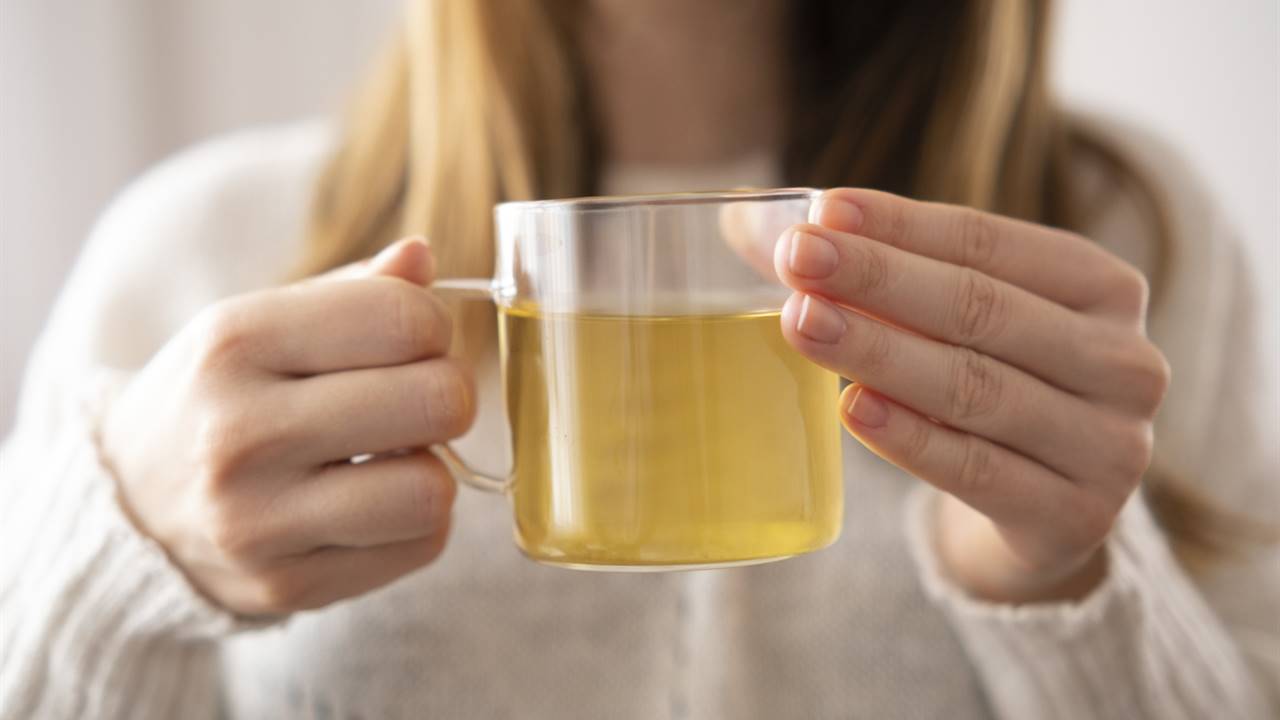Some medicinal plants are authentic natural laxatives. With them we can prepare infusions to go to the bathroom on a regular basis and avoid constipation.

- Natural laxatives: they are the hand of a saint but you have to watch
- Mild natural laxatives
- Mild laxative infusion
- Strong natural laxatives
- Strong laxative infusion
Nature offers us a wide range of plants with laxative effects that are holy hand against constipation. They are effective natural laxatives that can be acquired in herbalists or even collected in the field, if you are familiar with botany. Some may even have an especially fast purgative effect, such as senna.
Not treating constipation, especially if it is chronic or recurrent, can put your health at risk. Not evacuating when appropriate generates putrefactions in the intestine that can be harmful to the intestinal microbiota and mucous membranes. Not only that: fighting constipation helps you prevent future more or less serious digestive problems, such as the appearance of diverticula.
Therefore, reviewing our diet to improve intestinal transit and seek remedies against constipation becomes an undelayable imperative.
NATURAL LAXATIVES: THEY ARE THE HAND OF A SAINT BUT YOU HAVE TO WATCH
Laxative herbs can be a great support, but not all are equally effective or indicated in the same cases. As they will tell you in your trusted herbalist, when choosing a laxative plant to treat constipation there are remarkable differences between them. At the same time, taking laxatives periodically or systematically can present some problems that you should not lose sight of.
To treat mild constipation, you have mild herbal natural laxatives, with few side effects, but there are also plants with more powerful effects, which can be consumed more punctually.
If you suffer from chronic or habitual constipation, before deciding on an herbal treatment, consult your trusted doctor. And remember that taking light natural laxatives, with the first group of plants mentioned or others that will indicate in the herbalist, can be done with a certain continuity, but maintaining rest periods of one or two weeks between the shots.
It is preferable to incorporate in the formulas plants that act as protectors of the digestive mucous membranes, such as licorice, mallow, lemon balm, chamomile or mint.
As for the most forceful solutions, they should only be applied in a timely manner, in periods of acute constipation and with the approval of a specialist.
Here we offer you two herbal formulas, one mild and a second stronger, which can be alternated, giving higher priority to the first.
MILD NATURAL LAXATIVES
Among the mildest laxative herbs are mallow, marshmallow, chia and flax seeds, hibiscus, licorice, plantain, black psyllium or spirulina algae and agar.
They are medicinal plants with few side effects that can be used with some frequency as support, always remembering that the intake of these herbs must be accompanied by a diet rich in fiber and hydrated systematically.
MILD LAXATIVE INFUSION
This infusion combines seeds rich in mucilage such as chia and flax with plants that exert a mild laxative and purifying action. You need to acquire the same amount of each of the plants in the formula.
Ingredients:
- Chia seeds
- Flaxseeds
- Black psyllium
- Mallow
- Dandelion
- Mint
- Star anise
Preparation:
- Mix the plants in equal parts (for example, 20 g of each plant), putting them together well on a surface.
- Separate 5 g of the mixture per glass of water, boil it for 2 minutes and let it stand for 10 more minutes.
- Filter well and add lemon juice. Mint and star anise will give this infusion a very good flavor.
How to take it: Three cups a day are taken, in two-week treatments with a third of rest. It accompanies with a habitual ingestion of foods rich in fiber and water generously.
STRONG NATURAL LAXATIVES
Among the strongest laxative plants, we have psyllum, senna leaves, frangula, cascara sagrada or ispagula, which should be used only more punctually.
These plants have more drastic effects, described as purgative or cathartic. They work by stimulating the muscles of the intestine, peristalsis, causing its contraction and favoring the elimination of feces.
The frequent use of these plants, instead of improving the situation, can worsen it, as it usually causes intestinal dependence, that is, there comes a time when, without this help, you can no longer evacuate normally. As noted in the vademecum of plants, cathartic laxatives, including herbal laxatives, when used regularly “are a perpetuating factor of constipation”, that is, constipation itself.
But, in addition, abusing these plants, even if they are natural laxatives, can also generate recurrent intestinal problems, such as diarrhea, vomiting, nausea, meteorism, flatulence, colic, etc. There are cases of imbalances in sodium and potassium levels, which can aggravate hypertension or hypotension, vitamin deficiencies and problems in the absorption of nutrients.
These cathartic herbs, on the other hand, should not be taken in pregnancy (in pregnancy you have other milder solutions to improve constipation). Nor in case of suffering from hemorrhoids, hepatic, renal or cardiac failure and in severe cases of diabetes.
STRONG LAXATIVE INFUSION
This infusion includes some of the most effective purgative herbs and can be taken only more punctually, in consultation with the doctor. Again, you will need the same amount of each plant.
Ingredients:
- Ispagula
- Senna leaves
- Psyllum
- Marshmallow
- Plantain major
- Fennel
Preparation:
- Mix the plants in equal parts (for example, 20 g of each plant), putting them together well on a surface.
- Again, separate 5 grams of the mixture for each cup of water.
- Boil 3-4 minutes and leave 10 more to stand.
- Filter and add agave syrup or lemon juice to improve the bitter taste of the formula.
How to take it: Up to 2 glasses are taken a day, after the main meals, but only very punctually, as directed by the doctor. Accompany a generous consumption of water.








